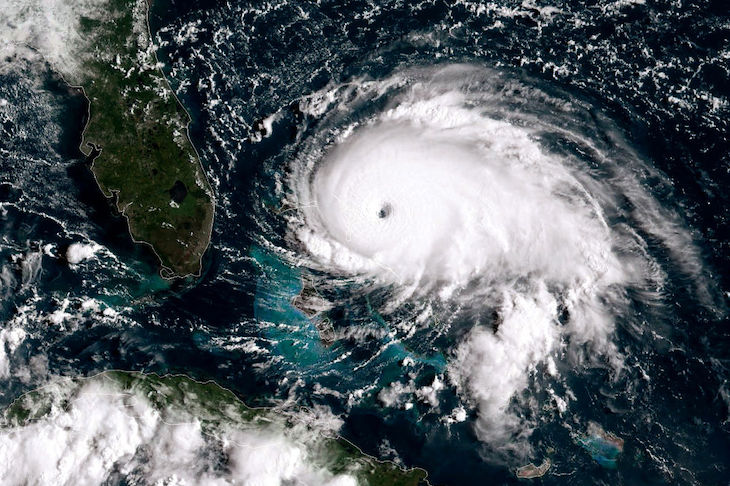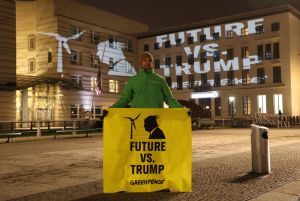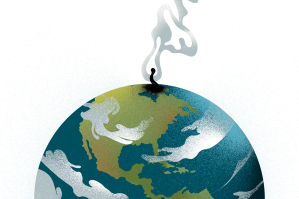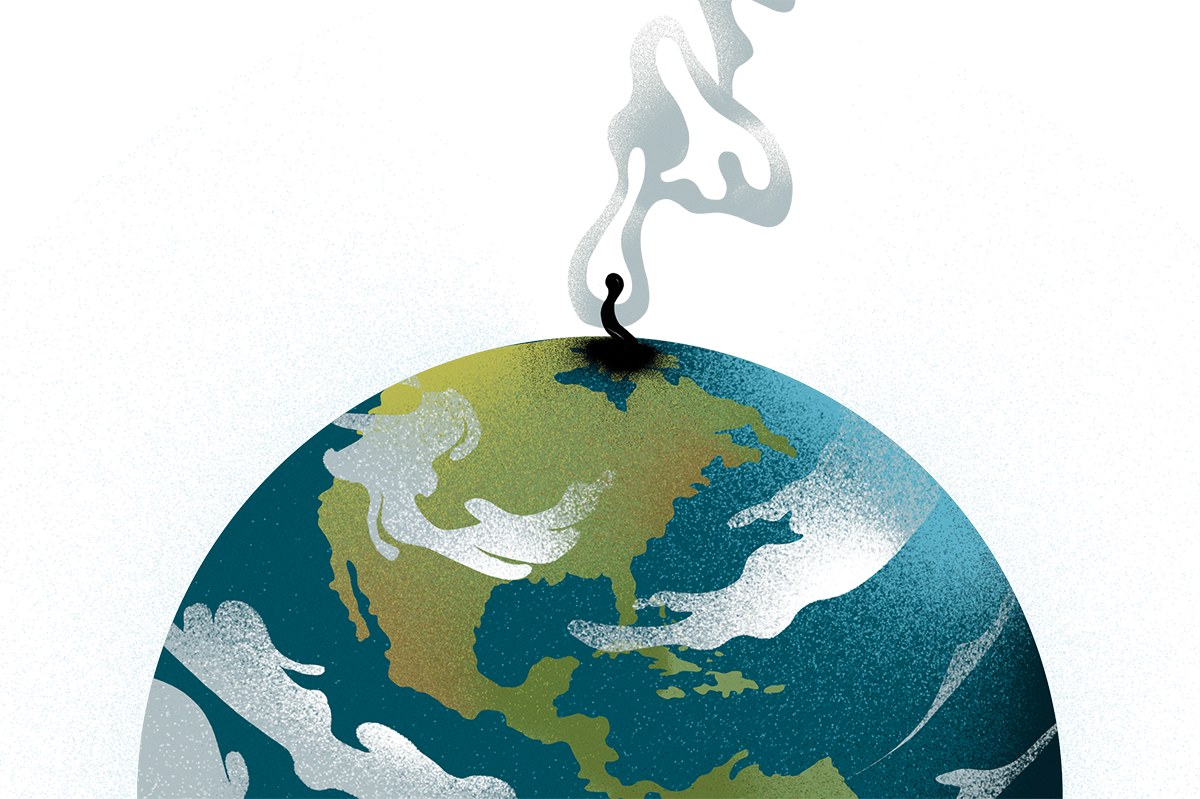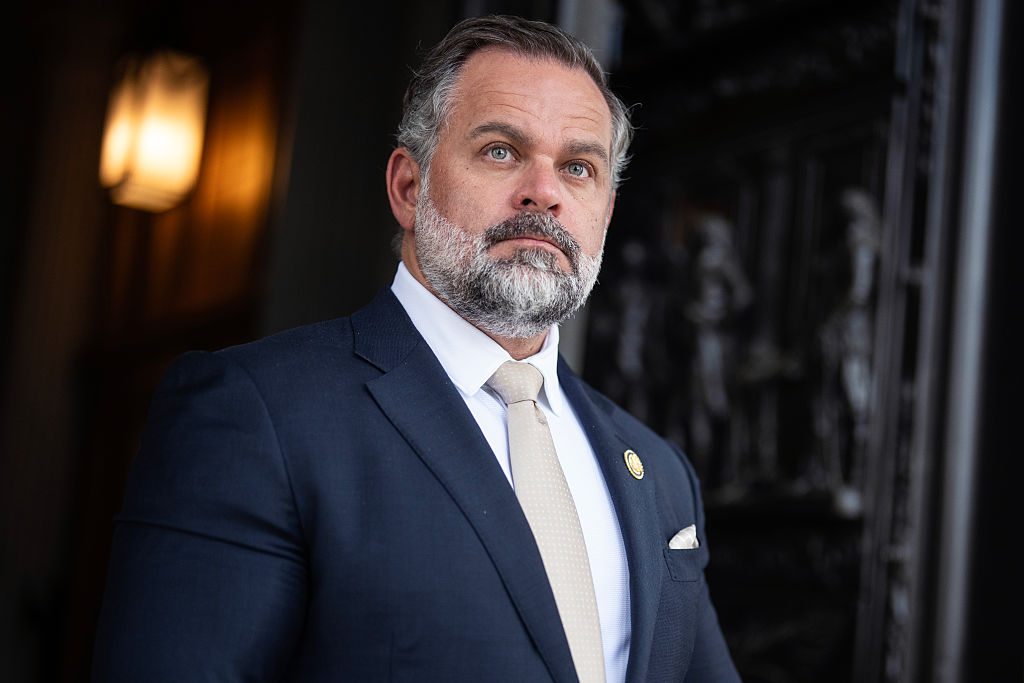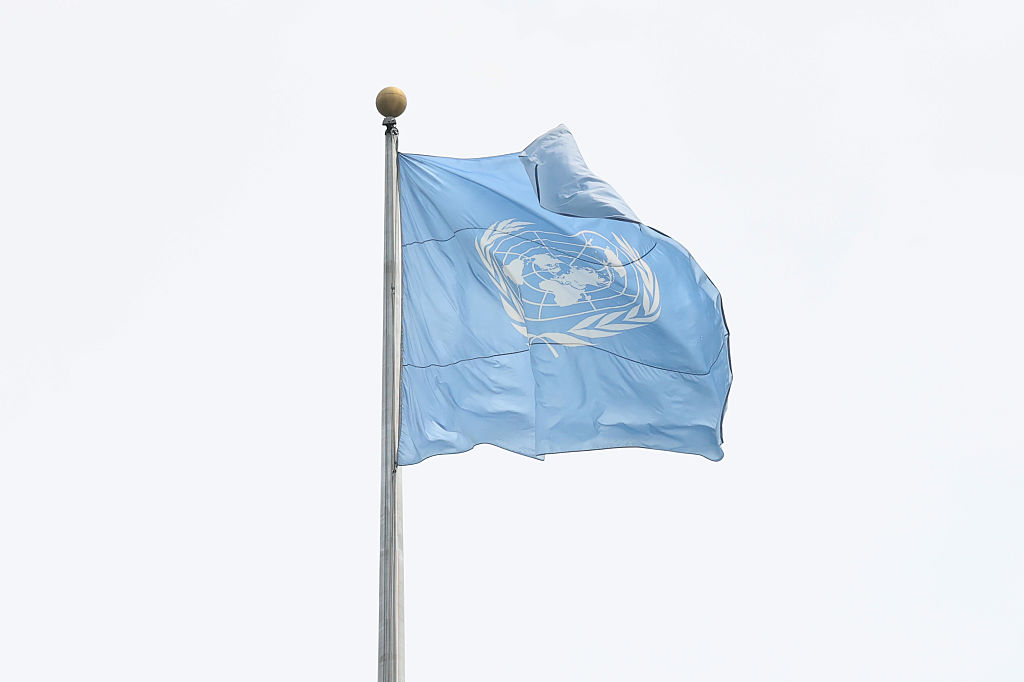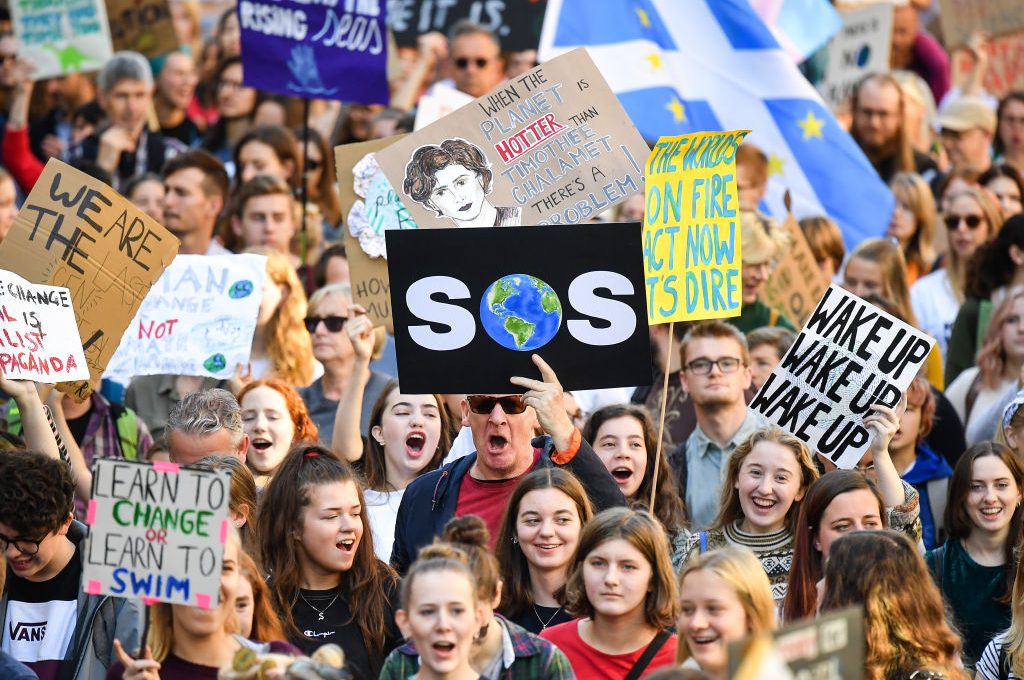Hurricane Dorian had hardly struck the shores of the Bahamas before Twitter began to fill up with comments willing it to carry on and flatten Donald Trump’s Mar-a-Lago estate in Florida ‘to teach the climate change denier-in-chief’ a lesson.
Others eviscerated Florida senator and former governor Rick Scott for suggesting on Fox News that ‘we don’t know what the cause is’ of a run of strong hurricanes. From Al Gore to David Attenborough, footage of hurricanes is used as a staple background for films about climate change, the inference being that the viewer is watching the effects of a dreadful, man-made disaster which would not have occurred had it not been for human-induced climate change.
Dorian is an especially severe storm which has already caused one reported death and will inevitably leave vast destruction in its trail. But you don’t need to make light of that, nor defend the ignorance of Donald Trump (who has expressed surprise on several occasions that there is such a thing as a category five storm, in spite of the current hurricane measurement system having been in use since 1971), to recognize that Rick Scott is correct. The science does not support the lazy assertion, made every time we have a hurricane or tropical storm, that we are watching climate change in action and that anyone who says otherwise is an idiot and a denier.
Last month, the Geophysical Fluid Dynamics Laboratory (GFDL), part of the National Oceanic and Atmospheric Administration, which tracks and studies all storms in the US, published a review of the evidence on this very question: is climate change making hurricanes worse?
Its conclusion was that ‘it is premature to conclude with high confidence that human activity – and particularly greenhouse warming – has already caused a detectable change in Atlantic hurricane activity’. It is well worth reading, not least to compare and contrast with the rather skewed presentation of scientific evidence which appeared in the UK Guardian a year ago when Hurricane Michael was being blamed on climate change.
What emerges from these documents is that if you want to look for it, you can find enough evidence to give the impression there has been a dramatic rise in hurricane activity over the past century, and infer that man-made climate change is the cause.
For some of this evidence there are obvious objections. The Guardian piece, for example, uses figures for hurricane damage as a proxy for hurricane activity. It ought to be obvious that the amount of financial damage wrought by a hurricane is a function not just of wind strength and wave height but of the value of property which lies in its path. Hurricanes are now striking areas which were not populated in the 1950s but are now full of valuable villas and condominiums. Of course they cause more damage.
Other evidence for rising hurricane activity is equally problematic. As the GFDL explains, you can measure a strong upwards trend in the number of Atlantic hurricanes recorded since 1878, but it means nothing without taking into account the vast improvements in technology over that time. In the 1870s hurricanes only got recorded if they happened to be in the path of passing ships. Now, they are instantly picked up by satellite. If you look only at data of storms which have made landfall in the US, they show a downwards trend.
Looking ahead, the GFDL’s modeling suggests that climate change will have an effect on the strength of hurricanes. It forecasts that their intensity could rise by between 1 and 10 percent and the rainfall they dump on areas in their path could increase by 10 to 15 percent. But that would only be when global temperatures have risen by two Celsius above 19th century levels. At present the measured rise is only half this. But even then, it is not clear that the overall hazard of hurricanes will increase – because the modeling also shows that climate change will decrease the number of tropical storms.
In other words anyone who claims that Dorian, or any other hurricane, is a product of climate change and asserts that it would not have happened, or would have been less damaging, without man-made climate change does not have science on their side. On the contrary, it is they who are denying the evidence.
This article was originally published on The Spectator‘s UK website.



